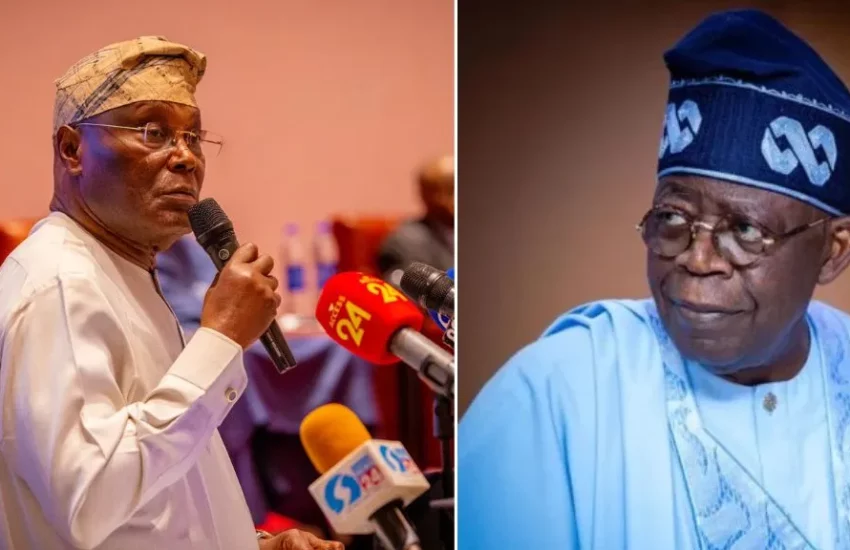On Sunday, Atiku Abubakar, the Peoples Democratic Party (PDP) presidential candidate in the most recent general election, claimed that President Bola Tinubu's administration has done little to address the country's poverty and currency instability crises.
Also, according to Atiku, the Tinubu administration's misguided policies have been wreaking havoc on the economy.
Posting on his X handle on Sunday, Atiku stated that the Nigerian economy would start to recover if the administration is willing to listen to wise counsel and rein in domestic losses caused by corruption and badly negotiated foreign loans.
He claims that the government minimized the potential and actual negative effects of its actions and that Tinubu's new foreign exchange management policy was hastily put together without adequate planning and discussions with stakeholders.
Further, Atiku stated that Tinubu had denied the CBN the autonomy it needed to formulate and execute an effective foreign exchange management policy.
He proposed this solution to address liquidity concerns, demand regulation, FX backlogs, and rate convergence.
The former VP of Nigeria has stated that he and his fellow countrymen will not remain silent in the face of the present crisis, claiming that the government has shown a lack of vision worthy of criticism.
There are ways that the country may walk out of the current crisis, if the administration will not cling on to their typical hubris,” Atiku stated, discussing potential solutions to the current economic crisis.
“Floating exchange rate system adoption would be overkill given Nigeria's underlying economic conditions,” he continued. If we were in charge, we would have pushed for a more measured strategy in foreign exchange management from the Central Bank of Nigeria. The better choice would have been a managed-floating system.
The Naira's value might go up and down every day under this arrangement, but the Central Bank of Nigeria (CBN) would intervene to keep it stable. This kind of oversight will be carried out with caution and accountability, with a focus on limiting risky speculation.
